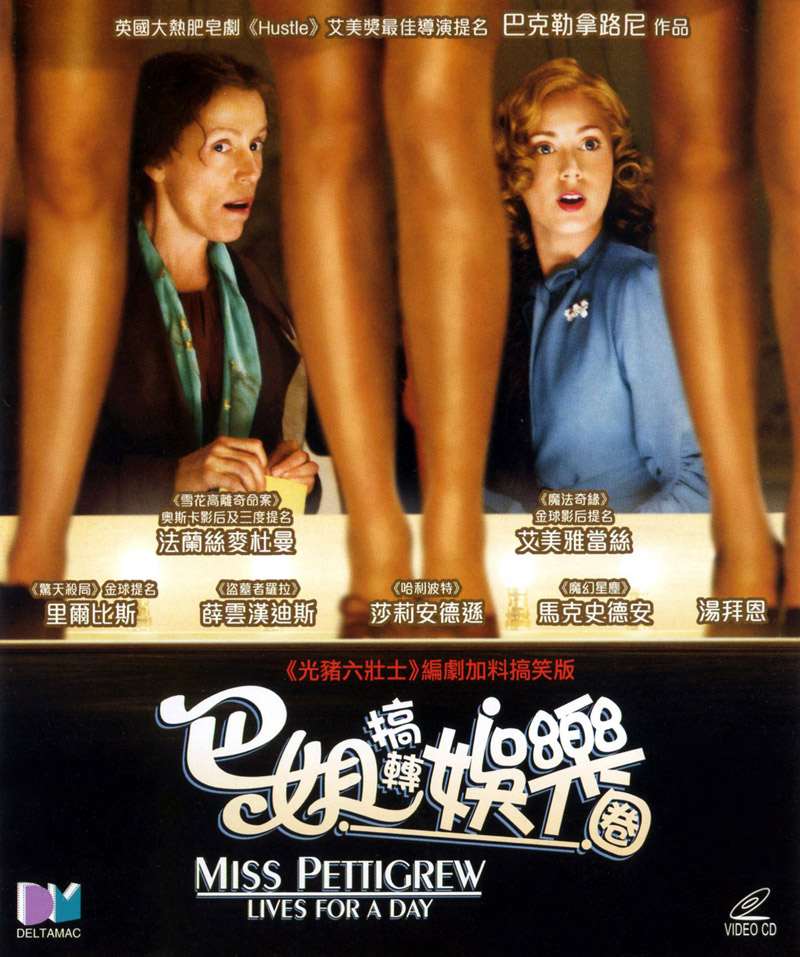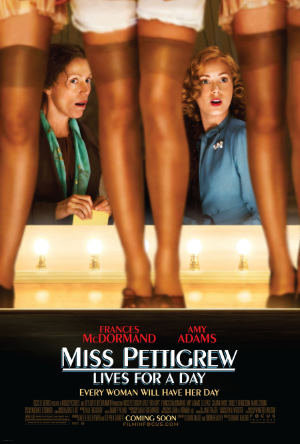

Women like Miss Pettigrew would have rejected a life in domestic service, but she was not educated enough for other careers. This book reveals much about the life of women in the interwar period and the limited opportunities for them in employment. As she is taken out for different events and is even lent clothes and make up, she discovers that she has a whole new view on life. As Miss Pettigrew spontaneously takes control of the various situations that occur during the day, she comes to realise that her moral certainties are less than central, and that she can for at least one day become a different person. So she goes to an interview in the desperate hope of a job, only to be caught up in a whirl of confusion as the door is opened by a Miss LaFosse, who is being romantically pursued by at least two men. Her landlady has threatened her with eviction that day if she does not get a job, and she knows that a lowly nursemaid role will now be her only hope. The book opens with the desperate Miss Pettigrew approaching an employment agency for a new position. I recently chose this book for our book group, and despite it being very different from many of the books we have read, it was very much enjoyed and discussed. This Cinderella type tale of an older woman finding a new life is a parable for conflicting class and lifestyles in the pre Second World War period.

She has never had much money to buy clothes or other necessities of life, and her parents made her nervous of using cosmetics as they symbolised moral decadence. She has been bullied by employers as she is probably not a natural teacher, and being an employee living in other people’s houses she has never enjoyed much freedom. She has attained the age of forty without any form of relationship, not unusual for a generation of women who had been young at the end of the First World War whose potential husbands had not returned from the battlefields. In a way more shocking is the subject of Miss Pettigrew, downtrodden governess, still bound by the conventions of a strictly moral upbringing, with low expectations of life.

Today it is still a little shocking in terms of its subject matter of a nightclub singer with a variety of lovers and suggestion of drug use. A delightful book which was a little shocking in 1938 when it was first published, its survival was remarkable and a testament to the insight of Persephone books who republished it in 2000 to great popularity. Of all the splendid Persephone republished books, this is probably a favourite of many readers.


 0 kommentar(er)
0 kommentar(er)
